Aristotle's Guide To Living Well
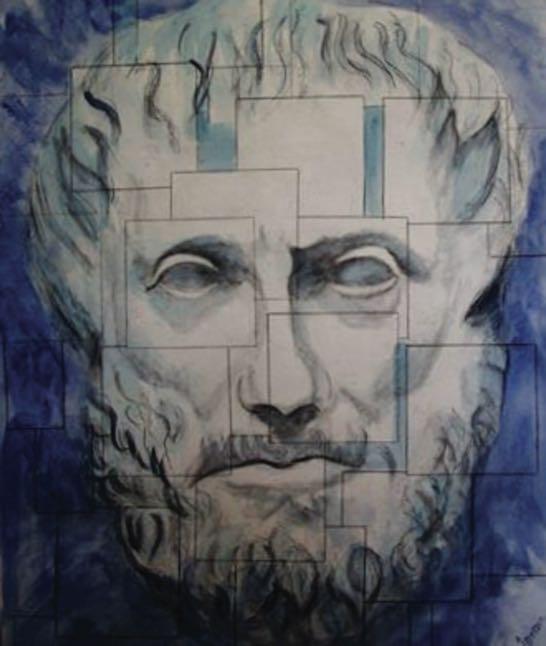
Aristotle's most famous work on ethics is the Nicomachean Ethics, which aims to describe the ultimate end and good for human beings.
One of the most puzzling features of this classic is that Aristotle seems to waver between two views. These are firstly that happiness involves the activity of the moral as well as the intellectual virtues (this is sometimes called 'inclusivism' by Aristotle scholars) and secondly that happiness consists in nothing but the intellectual activity of contemplation (sometimes called 'exclusivism'). In this article I will explore what he says about happiness, and ultimately conclude that for Aristotle perfect happiness indeed consists in philosophical contemplation.
Ultimate Happiness
At the beginning of the Nicomachean Ethics Aristotle first aims to show that there is an ultimate end (that is, goal) of life. This end, he says, is the chief good which is desirable for its own sake, and this is what we ultimately seek and desire in all our actions. Aristotle then says that everyone agrees that this highest good is happiness (Greek eudaimonia, literally meaning 'good spirits'), and that living and doing well are the same as being happy. Yet as a definition this alone is rather primitive, as it does not really tell us what happiness is.
Aristotle discusses three different lifestyles all traditionally thought to be happy: the life of pleasure, the political life, and the virtuous life. He rejects the identification of happiness with the life of pleasure because such a life is 'slavish' and 'suitable [only] for cattle'. Neither can happiness be equated with honour - usually considered the goal of political life - because that depends more on those who honour than on the one honoured.
この記事は Philosophy Now の August/September 2022 版に掲載されています。
7 日間の Magzter GOLD 無料トライアルを開始して、何千もの厳選されたプレミアム ストーリー、9,500 以上の雑誌や新聞にアクセスしてください。
すでに購読者です ? サインイン
この記事は Philosophy Now の August/September 2022 版に掲載されています。
7 日間の Magzter GOLD 無料トライアルを開始して、何千もの厳選されたプレミアム ストーリー、9,500 以上の雑誌や新聞にアクセスしてください。
すでに購読者です? サインイン

Affirmative Action for Androids
Jimmy Alfonso Licon asks, when should we prioritise android rights?
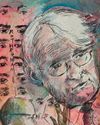
Welcome to the Civilization of the Liar's Paradox
Slavoj Žižek uncovers political paradoxes of lying.
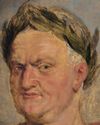
The Importance of the Purple
Massimo Pigliucci looks for threads of integrity in a morally compromised world.

Ethics for the Age of AI
Mahmoud Khatami asks, can machines make good moral decisions?
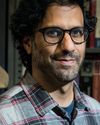
Anand Vaidya (1976-2024)
Manjula Menon on the short but full career of a 'disciplinary trespasser'.

Studying Smarter with AI?
Max Gottschlich on sense and nonsense when using AI in academia.

Excusing God
Raymond Tallis highlights the problem of evil.

Stephen Fry
Perhaps unshockingly for someone who is an actor, broadcaster, comedian, director, narrator and writer, Stephen Fry has a deep interest in words and how we use them. After hearing him lecture on that subject, Marcel Steinbauer-Lewis asked him about Artificial Intelligence and how it connects with the extraordinary lure of language.
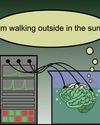
Is VR Meaningful Escapism?
Amir Haj-Bolouri enquires into possible meaning through technology.
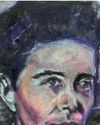
What Simone de Beauvoir Got — And Didn't Get – About Motherhood
Nura Hossainzadeh argues that motherhood is both physical and transcendent.
